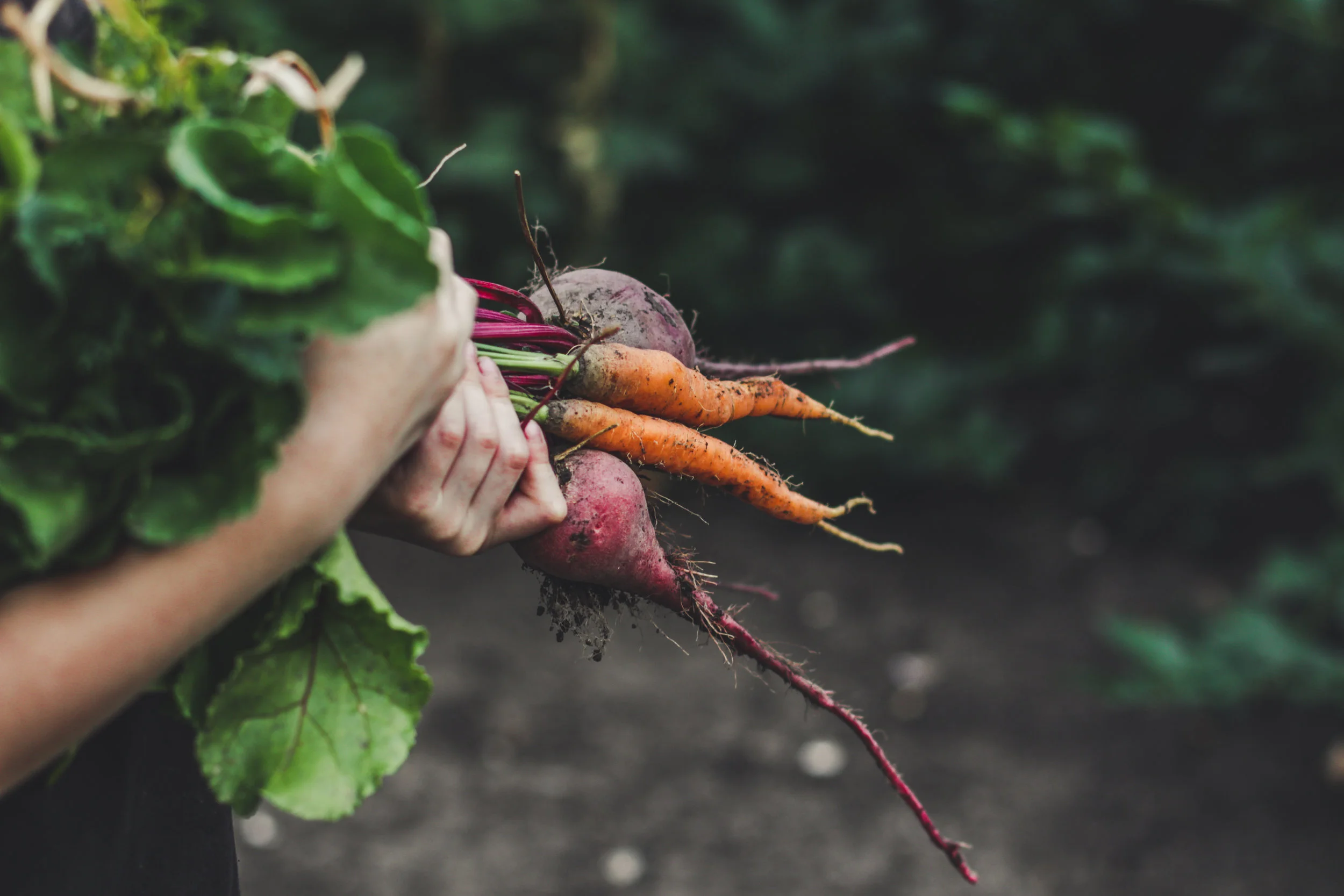Using garden weeds as Medicinal Herbs
We all know internal health and digestion play a large role in skin health. Digestion and assimilation of nutrients are often related to how and what we consume. Food choices can be reflected through the skin. Choosing foods that are high in vitamins, minerals, antioxidants and fibre can help to improve skin health. We all know that growing our own vegetables is a sure way to increase the nutrient level. Have you ever thought however, about eating the weeds from the garden too?
We all know internal health and digestion play a large role in skin health. Digestion and assimilation of nutrients are often related to how and what we consume. Food choices can be reflected through the skin. Choosing foods that are high in vitamins, minerals, antioxidants and fibre can help to improve skin health. We all know that growing our own vegetables is a sure way to increase the nutrient level. Have you ever thought however, about eating the weeds from the garden too?
In todays society it is more common to buy food from the store than collect it from nature. However there are many benefits to adding some wild plants into your diet. Weeds contain high amounts of vitamins and minerals and add diversification to our diet.
Our not too distant ancestors ate a much larger variety of food giving them access to many nutrients. Wild plants provide a different set of nutrients to conventional produce. Eating wild foods nourishes us and connects to the land.
Here are three of the most common and easily identifiable edible weeds that are beaming with medicinal properties:
Nasturtium flower:
This common weed grows in abundance. It is part of the mustard green family and has a similar peppery taste to watercress. The leaves are a fantastic for blood and lymphatic system purification. The leaves are also known for stimulating appetite.
The beautiful, round, bright green leaves can be included in pestos and soups for a hot zing of flavour and nutrients, the vibrant red, orange and yellow flowers are also edible and can be used to garnish salads and cakes!
Dandelion:
Dandelion is also an extremely abundant herb that is probably in your backyard as you read this. Before mowing the lawn, gather up the dandelion leaves and flowers as they are ultra medicinal.
The leaves are bitter which stimulates saliva release to create enzymes to help with digestion. They are also known to be blood purifiers and are an excellent contribution to pestos, salads and smoothies for a touch of wilderness.
There are few weeds that look similar to dandelion so always be sure that it has a hollow stem and that the leaves are hairless!
Ribwort Plantain:
This resilient little weed grows like crazy. It is known to be beneficial for respiratory conditions such a bronchitis and coughs. It is high in vitamins C, E and K as well as being high in plant protein and iron. I love this in soups, as a salad garnish or steeping a handful of leaves in hot water with liquorice root and fennel for a medicinal tea to ease winter ailments.
*When foraging for your edible weeds always make sure the area has not been sprayed. Choose not to pick from sides of roads or public areas as we never know the state of the soil and it is likely dogs have been doing their business- your back lawn. Community gardens or the untouched forest is best! Always be certain that is the indeed the correct edible weed you are about to pick, if in doubt do not eat, ask a wise old soul or do some research!
Strong Digestion in Summer = Strong Immunity in Winter
Yoga teacher and Traditional Chinese Medicine Practitioner Angie Gervan explains how improving digestion in summer can set us up for a robust immune system over the following winter.
Yoga teacher and Traditional Chinese Medicine Practitioner Angie Gervan explains how improving digestion in summer can set us up for a robust immune system over the following winter.
In summer we can easily think we are at optimum health but a golden glow isn’t necessarily indicative of what’s going on inside. Digestion can easily be compromised during the warmer months. While you probably already know over-eating and heavy foods can tax the digestive system, Traditional Chinese Medicine practitioners also advise that eating too much “cold” food stresses the digestive system. Foods from the fridge and ice-cold drinks can put out our digestive fire, but cold foods are not just those foods cold in temperature, but also those that are cold in nature such as dairy, some vegetables, fruit and sweet foods - sugar is considered a cold food in TCM. You can balance cooler meals like summer salads with cooked vegetables - try adding some warm roast sweet potato to your plate. Think of soups as not just a winter dish, when made with seasonal green vegetables a summer soup can be really refreshing.
Cold foods can be enjoyable in the warmer months but be mindful of the time of day that you are consuming them – it’s best to start with something warm first thing in the morning, so save the cool smoothies and juices until midday or late afternoon. If you are making juices, add some fresh ginger as a healing agent (ginger is warm in nature and great for your digestive system) and consume at room temperature.
In tropical climates, people often drink hot tea which helps to maintain the digestive fire. In Japan during summer barley tea is commonly consumed; this brown tea is cooling in nature and sipped warm to perfectly balance the system. Protecting your digestive system over summer is said to avoid the late summer and autumn bouts of gastro according to TCM.
If you are craving ice cold drinks and foods, this is an indication that your system is internally expressing too much heat. There are a few indicators which you can look out for; redness is often a sign that too much heat is present. Look at your skin colour, rings around your eyes and if you are female you can also look at your menstrual colour – is it more red than normal? Other common signs are trouble getting to sleep at night and dry skin.
Drinking plenty of good quality water in summer especially is important. Adding a hint of lemon and mint to your water is really refreshing and will keep summer colds away. Lemon is good to move energy in the system and mint is cooling in nature and will help to reduce internal heat.
Swimming of course is great and fun in summer! But for women it’s important to be conscious of your body’s state before you take a dip. If you are menstruating or post birth, stay out of cold water - the cold energy can enter your body more easily at this time and lodge in your system. But if you do find yourself taking a refreshing swim, you can counterbalance this by changing into warm dry clothing soon after, drinking warm tea or adding a warm compress to your navel and back. Note: dark bleeding at your menses time, lower back pain, cramping are often an indication of cold lodged in our system - not a good feeling for your body.
It isn’t commonly known that the seasons preceding the cooler months can predetermine how your immune system will respond when winter strikes. But taking good care of yourself during summer will boost your immune system for the months to come. If your last winter was a challenging health-wise for you, think back to your summer - did you take time to rest, eat well, take in the warmth and enjoy nature at that time? Often our winter health is a reflection of the summer before in TCM terms so really enjoy and utilise the vibrant energy of summer to stock up on warmth and boost your immune system!
© 2014 Golden Yogi Ltd. All rights reserved.




